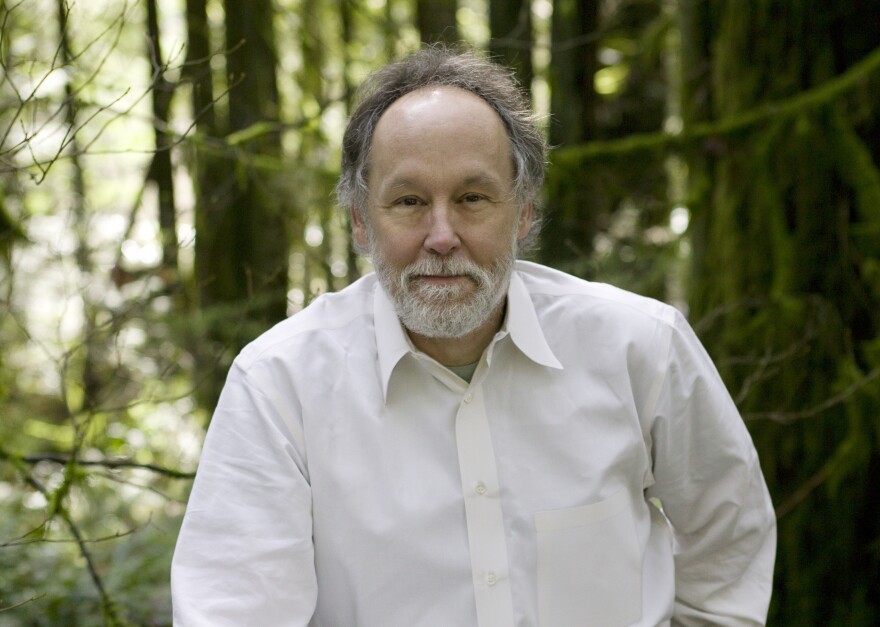

America’s relationship with the natural environment appears to be headed for change under the Trump Administration. The White House Climate Page has been replaced by an “America First Energy Plan.” It states, ”President Trump is committed to eliminating harmful and unnecessary policies such as the Climate Action Plan and the Waters of the U.S. rule. Lifting these restrictions will greatly help American workers, increasing wages by more than $30 billion over the next 7 years.” There is an attitudinal shift underway in Washington that is disturbing to award-winning writer Barry Lopez. He’s spent decades contemplating America’s landscape and our relationship with it—and he talked about his concerns with HPR’s Noe Tanigawa.

National Book Award winner, Barry Lopez, draws from his most recent work on the inner life of Captain James Cook, tomorrow, Wednesday, February 1st 2017, 7pm at the Art Auditorium on the UH M?noa campus.
Columbia Law School Climate Deregulation Tracker lists current U.S. actions related to climate change.
Barry's personal website is here.
Barry was interviewed by Terry Gross.
Barry was selected by Bill Moyers to be his final interview on the Bill Moyers Journal on PBS
“This is the most dangerous moment in my lifetime that I’m aware of. This is way bigger than 9/11.”
Writer Barry Lopez is referring to possible effects of the Trump presidency on U.S. international relations, on the economy, society, and especially, the environment. Lopez has spent decades communing with places and with people of the land, winning awards, including the National Book Award for his work. His stories deepen the bond between people and land. It’s about a kindred relationship he does not see in the new administration.
But are members of this new administration so different? They must, as we do, enjoy the great outdoors. 

They treasure the natural world.
“What they treasure is scenery. They don’t treasure the complexity of an ecosystem or see how they are not separate from it but implicated in its functioning. These are people with the wherewithal to go wherever they want and enjoy the scenery, which incidentally means a lack of the presence of working class people.”

As fellow signatories to international climate change agreements look on, the climate change page was removed from the White House website. In its place, the America First Energy Plan proposes “eliminating harmful and unnecessary policies such as the Climate Action Plan and the Waters of the U.S. rule” which, it is claimed, will increase U.S. wages by over $30 million dollars in seven years.
“He’s a businessman. He wants to make everything easier for people whose goal in life is to make money. “
New rules are being clarified regarding what EPA scientists may say about their research, and recently, a freeze on billions of dollars of EPA grants was rescinded.
“I was uplifted by the presentations and the presence of these women at Lihue on January 21st. It lifted my heart and the question for me became, so where does this lead? We know that if you are opposed to what Washington seems to stand for, you’ve got to find an alternative and some way of enforcing it. I’m appalled, frankly, that the Democratic Party has been dead silent while this steamroller has gone through Washington.”
This month, as part of a larger Republican plan to move federal lands to state or local control, Congress made it easier to sell federal lands, including National Forests and Federal Wildlife Refuges.
“This is a time of great suspicion and great anxiety. The best thing we can do is give each other the benefit of the doubt. What is it that we want and how do we get there?”
“One thing I would recommend is, come from somewhere and grow to an understanding of what it is. Hone your conversation with it and when the time comes, speak in its defense.”





